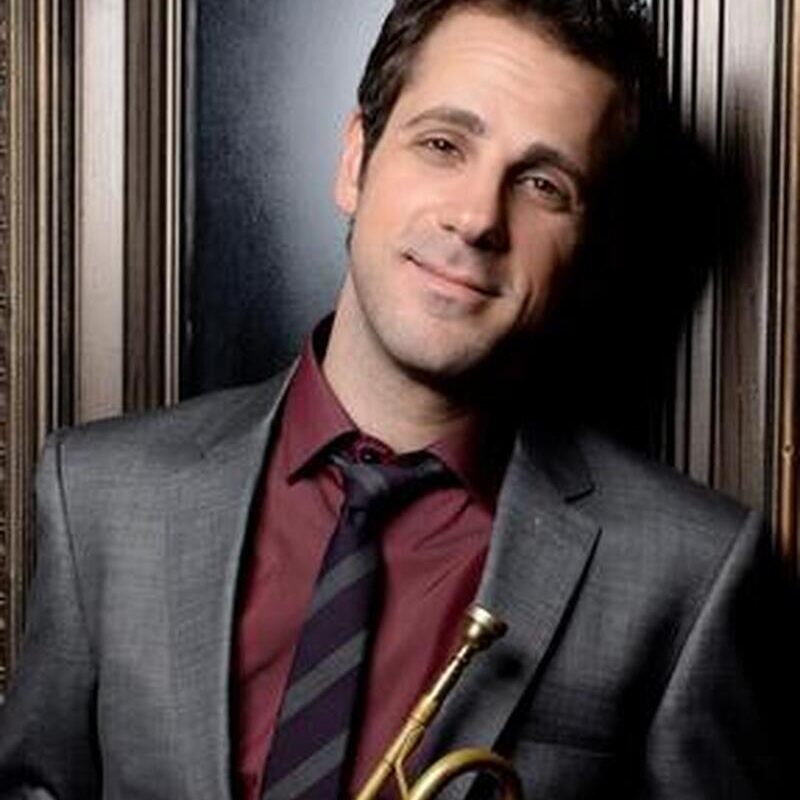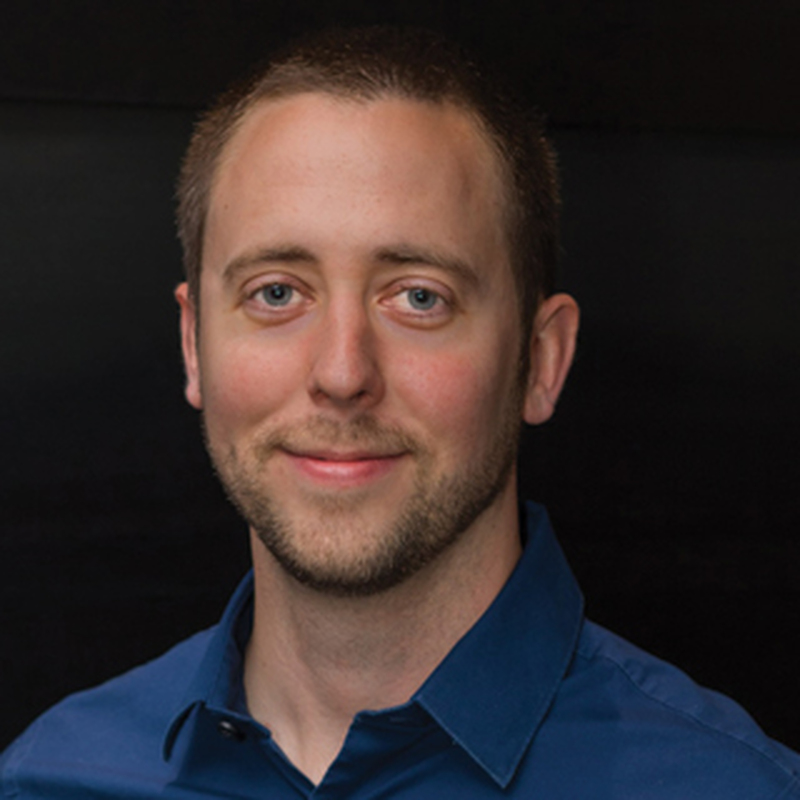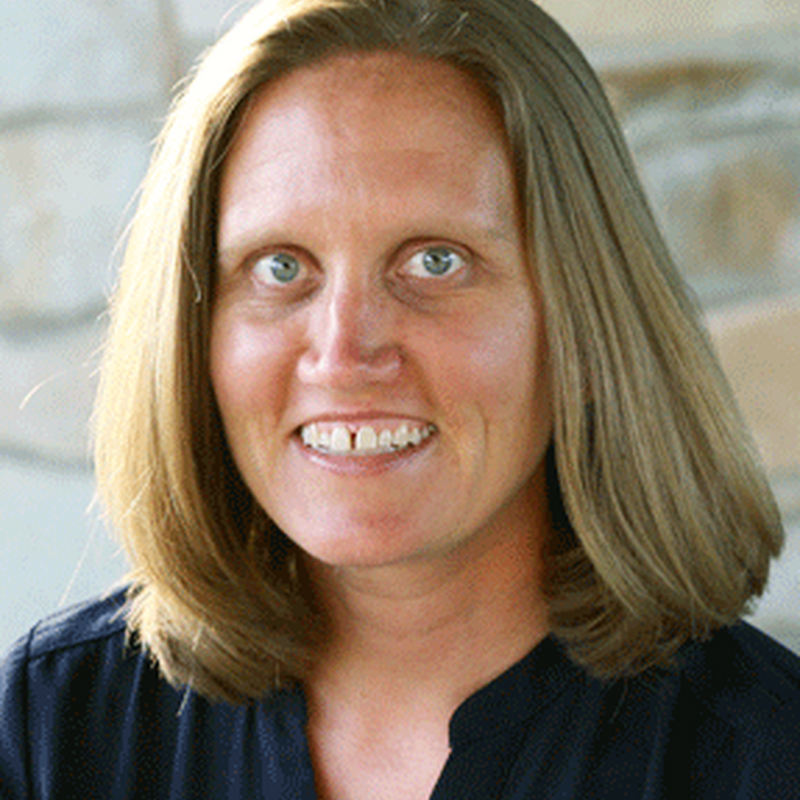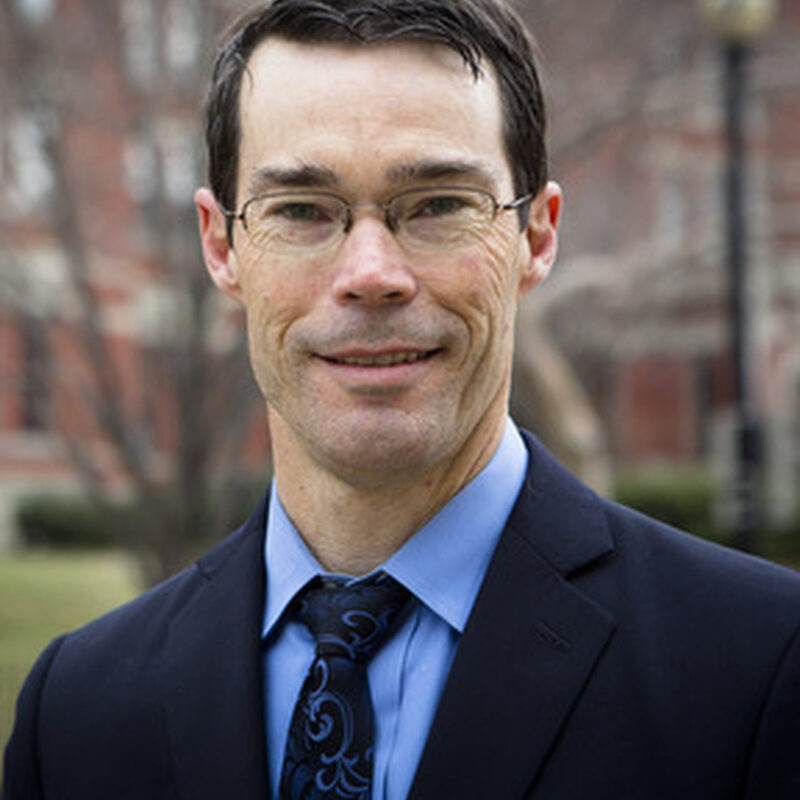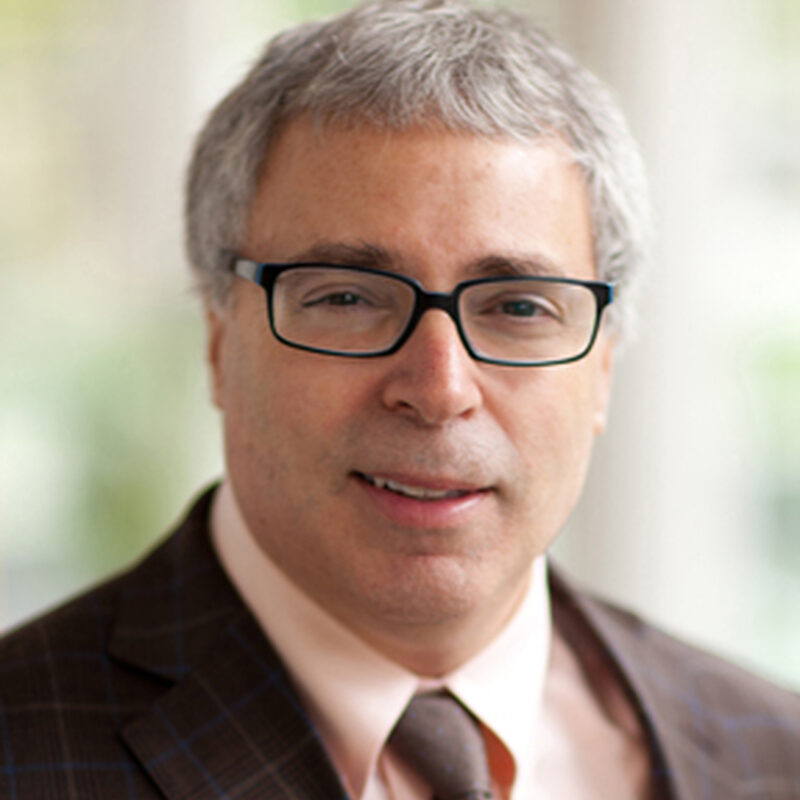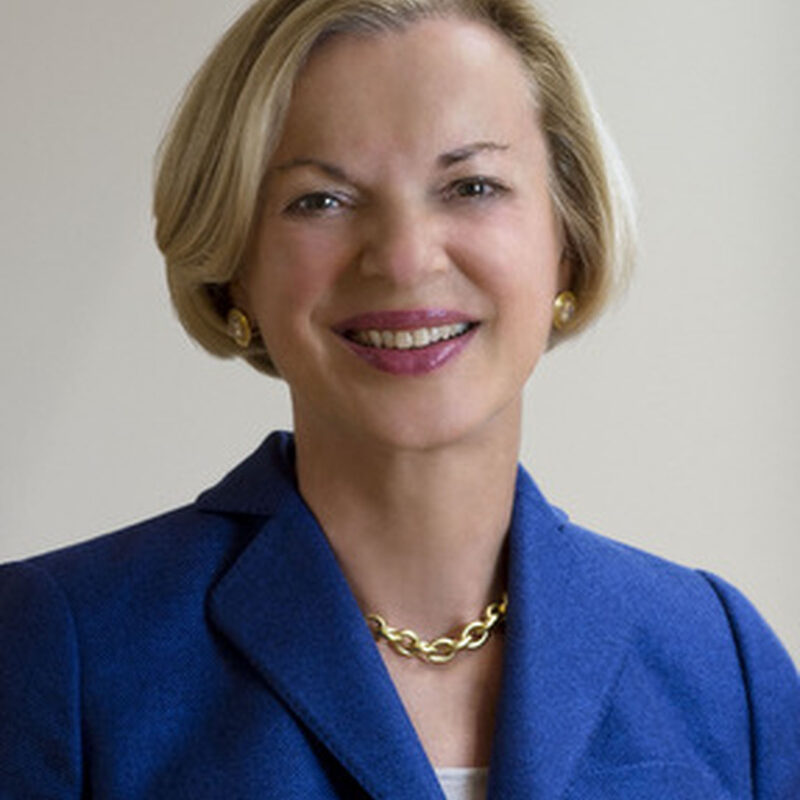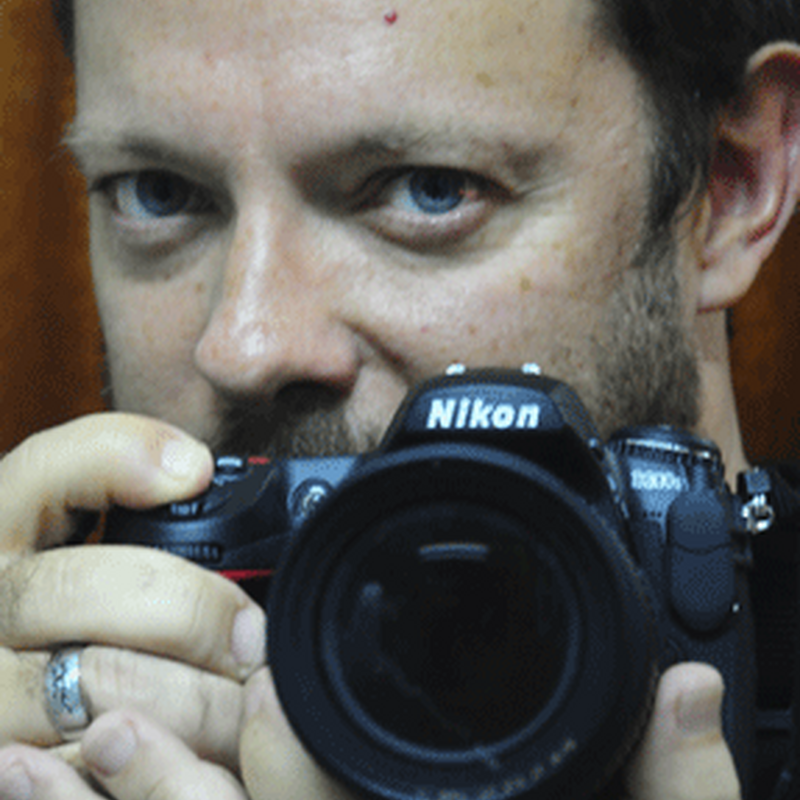In addition to working as a physician with the Emory Clinic, Georgia’s largest and most comprehensive group practice, Dr. Nicholas Boulis is also a scientist and founder of the Boulis Laboratory. His research interests include biological neurorestoration and neuromodulation through the use of cell, protein and gene delivery to the nervous system. Boulis graduated Summa Cum Laude from Yale University with distinction in intensive biology and philosophy majors and graduated Magna Cum Laude from Harvard Medical School, winning the Harold Lamport Biomedical Research Award. During his residency at the University of Michigan, Boulis began to study the techniques of growth factor gene delivery in the nervous system. He founded his independent laboratory at the Cleveland Clinic in 2001, focusing on the use of neural gene therapy to alter neural and synaptic function and affect neuroprotection. The laboratory applied the former approach in the spinal cord to develop therapies for spasticity, while the latter approach was used for the treatment of Amyotrophic Lateral Sclerosis. In 2004, his interest in the delivery of biological therapeutics to the spinal cord lead to a collaboration with Clive Svendsen, Ph.D, for the transplantation of stem cells into the spinal cord. This work resulted in the development of techniques and devices that are currently in human trials for the treatment of ALS. The Boulis Laboratory continues highly translational work in spinal cord cell and gene therapies for neurodegenerative and functional disorders of the spinal cord.
Nick Boulis
Founder of the Boulis Laboratory, Emory University School of Medicine
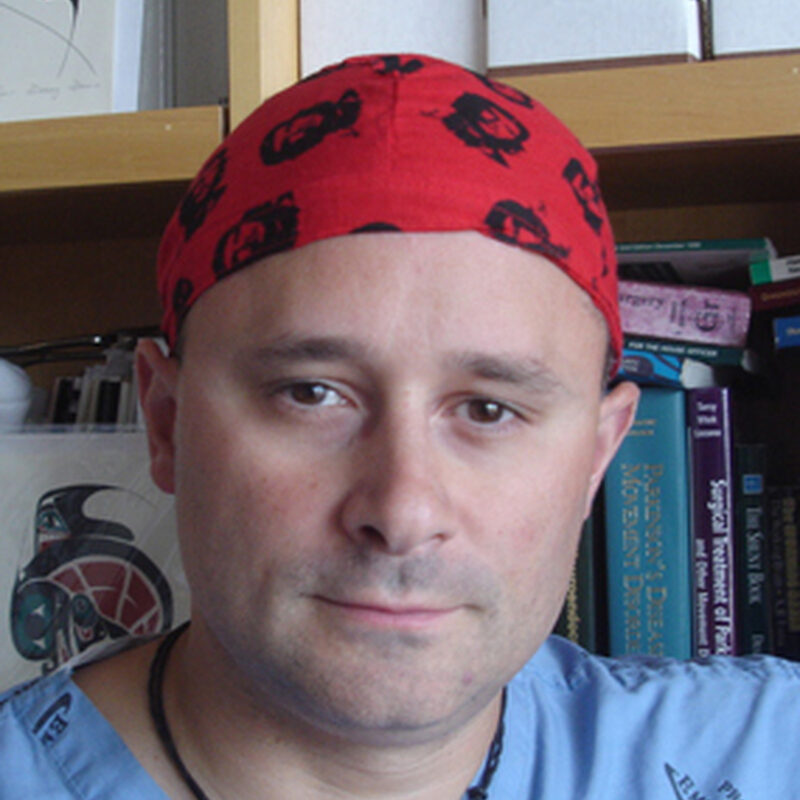
TEDMED Contributions
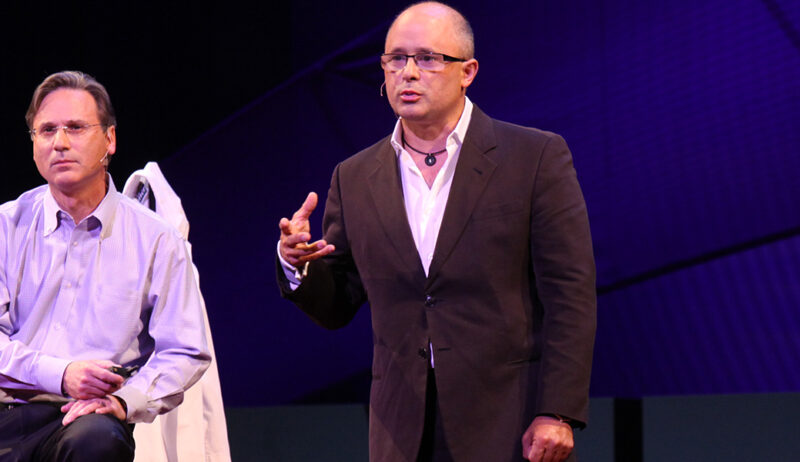
Jonathan Glass, Nick Boulis
How do you calculate risk in treating an "incurable" disease?
Neurologist Jonathan Glass and neurosurgeon Nick Boulis of Emory University ask: Should acceptable risk levels for experimental treatments be recalibrated for the terminally ill who have no other…

Jonathan Glass, Nick Boulis
Jonathan Glass & Nick Boulis - Q&A at TEDMED 2012
Neurologist Jonathan Glass and neurosurgeon Nick Boulis ask: Should acceptable risk levels for experimental treatments be recalibrated for the terminally ill with no other options?
